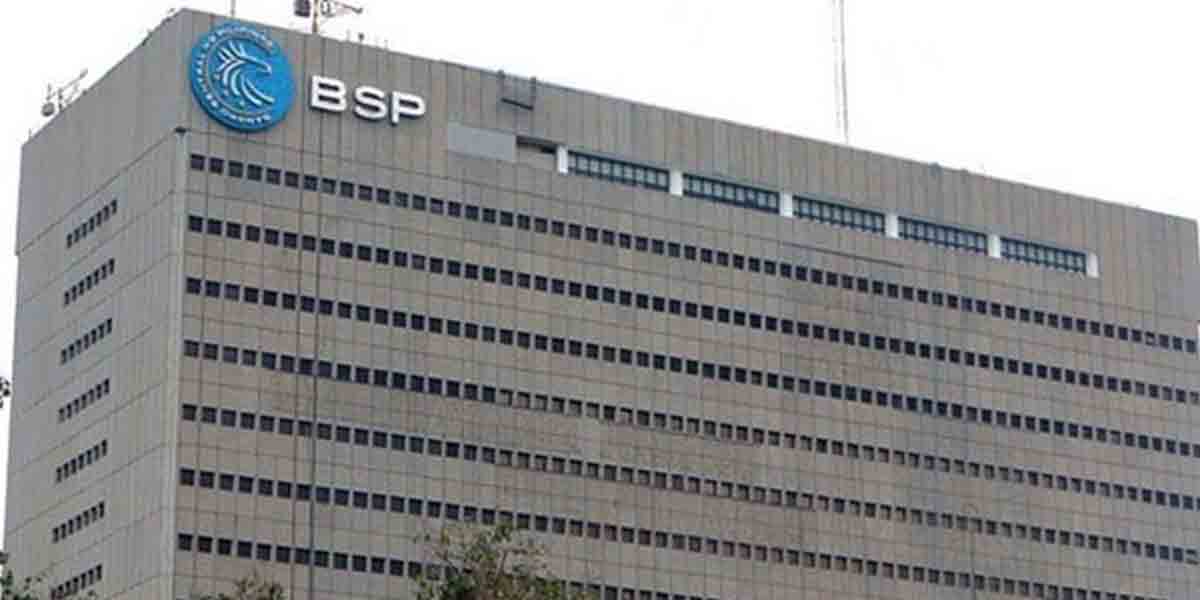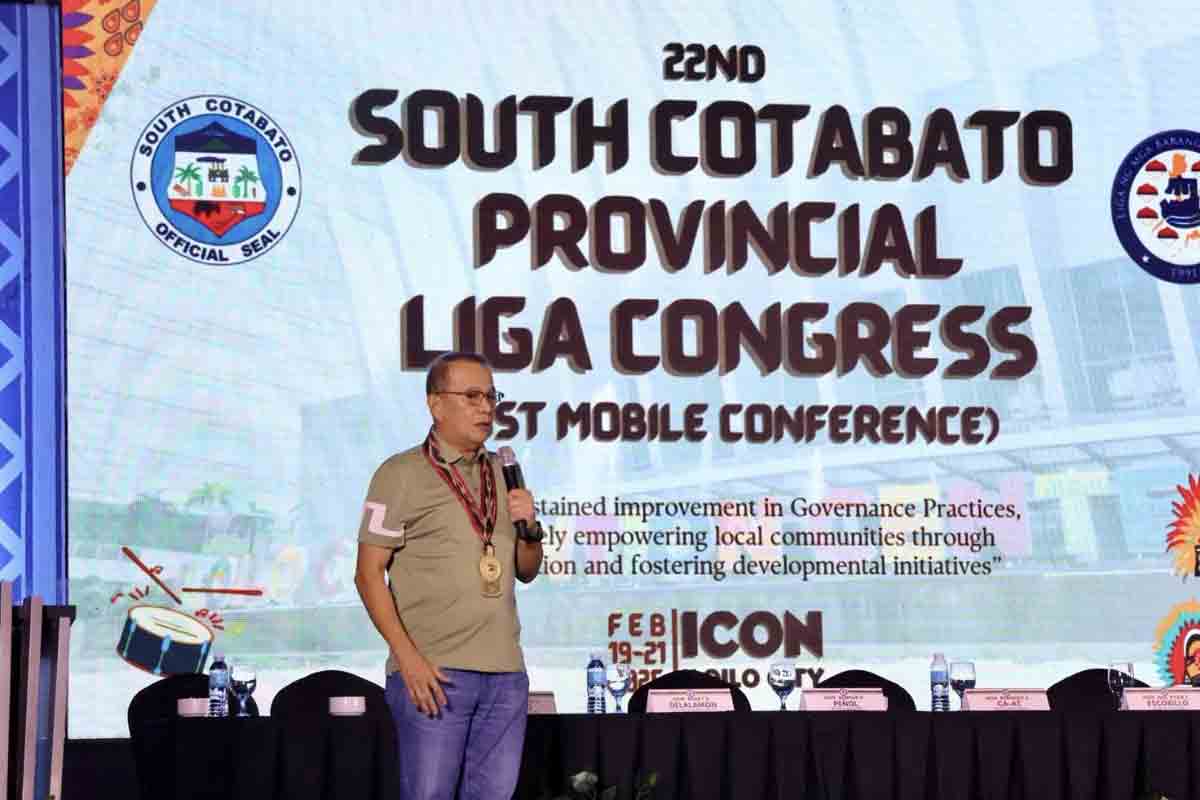The Supreme Court (SC) has “strongly reminded” the regional trial courts (RTCs) to act without delay in acting on rehabilitation, insolvency and other related commercial cases pending before them, in response to the appeal of Finance Secretary Carlos Dominguez III for the resolution of such legal disputes within the period mandated under the law.
Under Circular No. 105-2021 issued by the Office of the Court Administrator (OCA), the high tribunal said judges of RTCs designated as “special commercial courts” should follow the time limit set in deciding commercial cases.
Court Administrator Jose Midas Marquez told judges in the Circular that “failure to decide cases and other matters within the reglementary period constitutes gross inefficiency and warrants the imposition of administrative sanctions against the erring magistrate” as stated in the SC ruling on Gallego v. Doronila.
As ex-officio chairman of the Land Bank of the Philippines (LandBank), Dominguez informed the OCA about commercial cases that have remained pending for more than one year in the lower courts without any approved rehabilitation plans, even when the statutory maximum period to act on them as mandated under Republic Act (RA) No. 10142 or the Financial Rehabilitation and Insolvency Act of 2010 is one year from the filing of the petition.
In response to Dominguez’s call, Marquez said in his circular that, “All judges of the Special Commercial Courts and those handling commercial cases are hereby STRONGLY REMINDED (emphasis in original) that pursuant to Sec. 72 Republic Act 10142, courts ‘shall have a maximum period of one (1) year from the date of the filing of the petition to confirm a Rehabilitation Plan.”
Marquez recently received a letter from Dominguez urging the SC to “ensure that courts comply with their mandate” in resolving cases involving rehabilitation, insolvency and liquidation proceedings, among other related commercial disputes.
Dominguez noted that the LandBank is a creditor-party in numerous rehabilitation and insolvency proceedings “where there appears to be a questionable trend of unwarranted delay and/or circumvention of court proceedings.”
In some cases, debtors have resorted to unscrupulously filing petitions for rehabilitation or insolvency “for the sole purpose of absconding from their obligations while protecting their assets without genuine intention of rehabilitating businesses or settling obligations,” Dominguez said.
“Further, case records where the LandBank is a creditor-party suggest that some case proceedings may have been deliberately delayed,” he added.
Dominguez said “the delay in the resolution of rehabilitation cases and the failure of the courts to observe the mandated period to resolve these cases defeat the purpose of RA 10142 of ‘ensuring a timely, fair, transparent, effective, and efficient rehabilitation or liquidation of debtors.”
“Therefore, I urge your office to ensure that the courts comply with the mandate,” Dominguez said in his letter.
Marquez also told judges in the circular to “remain in full control of the proceedings in (their) sala and “adopt a firm policy against improvident postponements. More importantly, (they) should follow the time limit set for deciding cases.” (DOF)






















